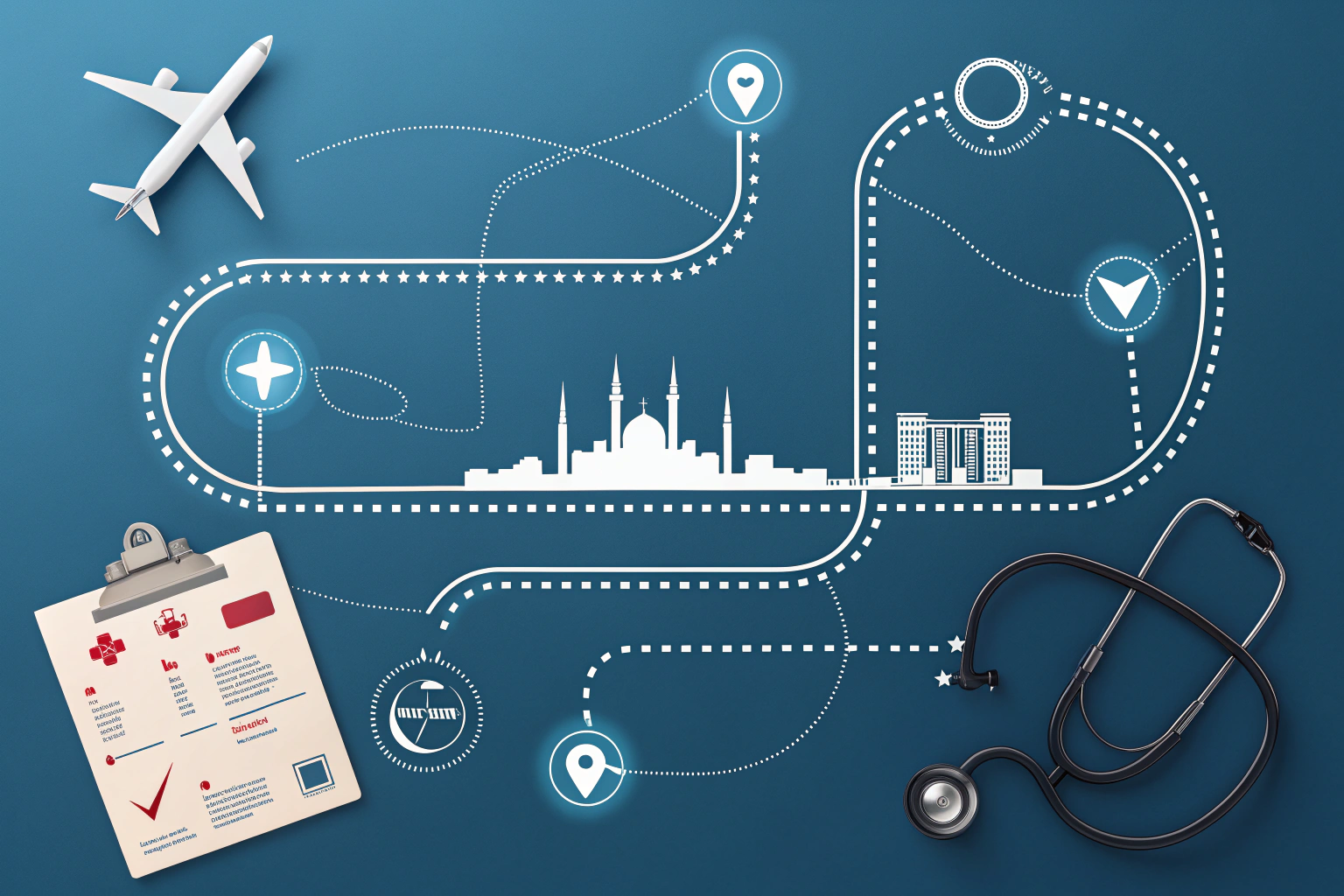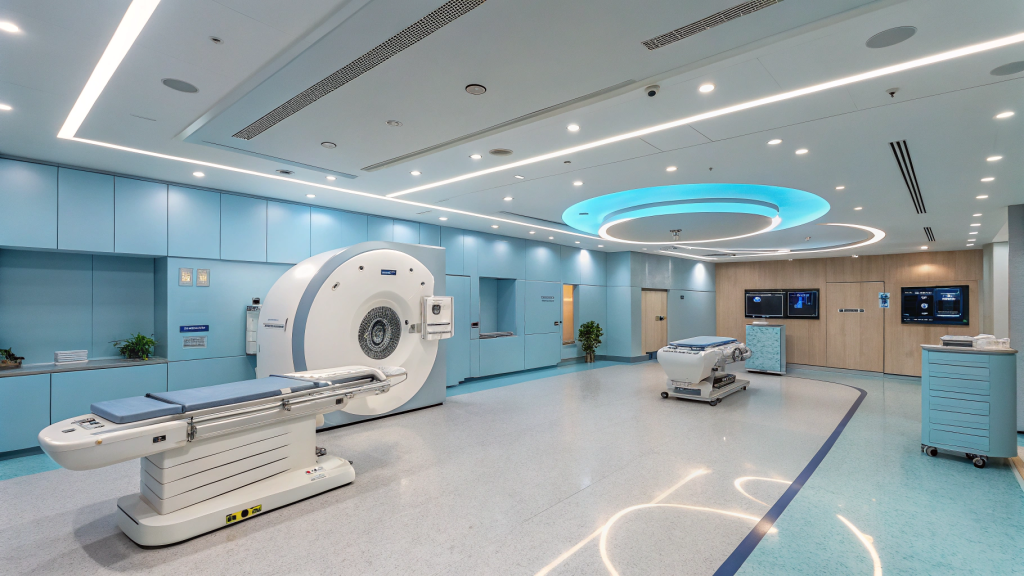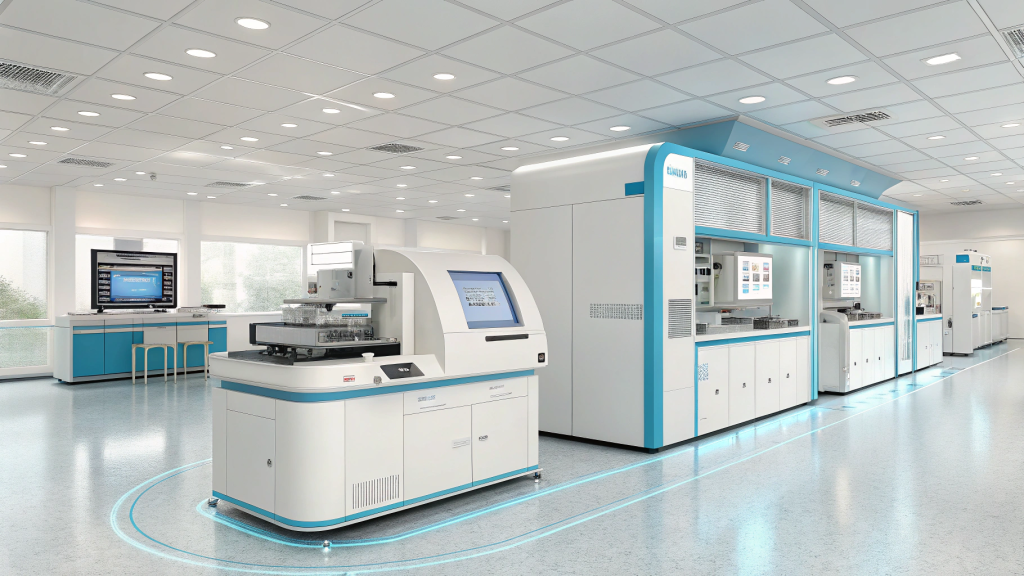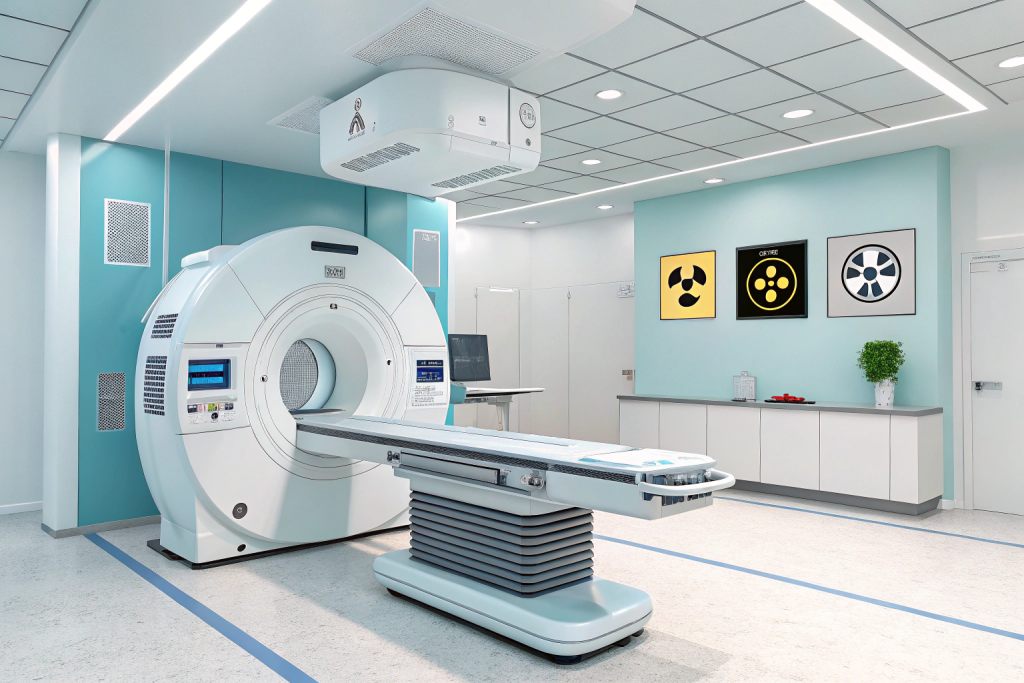Medical tourism has become one of the fastest-growing sectors in global healthcare, with millions of patients traveling abroad every year for high-quality, affordable medical services. Among the top destinations, Turkey stands out with its advanced hospitals, internationally accredited specialists, and innovative treatment technologies—from robotic surgery to precision oncology.
But there’s a unique factor that truly elevates Turkey’s healthcare experience above other destinations:
✨ Personal Treatment Coordinators
These dedicated professionals are the bridge between international patients and Turkey’s healthcare system, ensuring clarity, comfort, safety, and flawless communication throughout the treatment journey. Whether the patient is seeking cancer treatment, organ transplant evaluation, IVF, aesthetic surgery, or a cardiology procedure, a personal coordinator makes each step stress-free and fully informed.
This article explores the essential role of personal treatment coordinators, how they shape the medical tourism journey in Turkey, and why they are becoming the cornerstone of patient experience excellence.
What Is a Personal Treatment Coordinator?
A personal treatment coordinator (often referred to as a patient coordinator or international health specialist) is a multilingual healthcare professional who supports international patients throughout the entire treatment process in Turkey.
🧑⚕️ They are the patient’s:
- Point of contact
- Advocate
- Guide
- Translator
- Administrative assistant
- Cultural support partner
Their work begins even before the patient travels—and continues well after returning home.
Why Treatment Coordinators Are Essential in Medical Tourism
Flying across borders for medical care involves emotional and logistical challenges. Patients must:
- Choose the right hospital and specialist
- Understand a complex treatment plan
- Arrange travel and accommodation
- Provide medical documents in the correct format
- Communicate in a foreign language
- Coordinate follow-up care after returning home
A treatment coordinator eliminates all barriers and replaces uncertainty with trust.
Top concerns addressed by coordinators
| Patient Concern | Solution Offered |
|---|---|
| Language barriers | Full translation & interpretation |
| Fear of unknown medical systems | Step-by-step guidance before and after arrival |
| Cost worries | Upfront cost estimates & package transparency |
| Hospital comparisons | Expert guidance to choose the right doctor |
| Navigating logistics | Airport welcome, transport & accommodation organization |
| Ongoing communication | 24/7 availability through multiple channels |
Their role enables patients to focus on healing, not planning.
The Patient Journey with a Personal Treatment Coordinator in Turkey
Let’s break down how coordinators facilitate an end-to-end patient experience:
1️⃣ First Contact & Medical Screening
Coordinators receive medical documents such as:
- Diagnostic reports
- Blood test results
- Imaging scans (CT, MRI, PET/CT, X-ray)
- Doctor notes
They prepare these for review by the most relevant specialists—oncologists, surgeons, cardiologists, etc. Then they present options to the patient, including:
- Recommended hospitals
- Available specialists & their expertise
- Possible treatment plans
- Clear and accurate pricing estimates
- Expected outcomes and timelines
This stage builds trust and decision confidence.
2️⃣ Travel Planning & Logistics
Once the patient approves the plan, the coordinator supports:
✈️ Flight planning guidance
🚗 Airport pickup with VIP assistance
🏨 Coordination of hotel or recovery accommodation
📍 Transportation between hospital and residence
Some hospitals offer medical visa support letters when required.
3️⃣ Hospital Admission & Consent Management
On arrival, coordinators:
- Handle registration procedures
- Translate admission forms and informed consents
- Introduce the patient to the medical team
- Explain each step of the treatment itinerary
- Provide emotional reassurance
They act as a constant presence during every check-in, consultation, and test.
4️⃣ Ongoing Translation & Cultural Support
Medical communication demands precision. Coordinators provide:
- Real-time translation during consultations
- Explanation of medical terminology
- Clarification of treatment risks, side effects & alternatives
They also support cultural comfort, respecting faith, diet, and personal preferences.
5️⃣ Discharge Coordination & Follow-up Planning
After treatment:
- Final reports are translated and digital copies are shared
- Prescriptions & post-treatment care guidelines are clearly explained
- Follow-up appointments (in person or via telemedicine) are scheduled
- Coordination with the patient’s home-country doctors may be offered
Coordinators remain accessible after the patient returns home—ensuring continuity.
Skills & Professional Standards of Turkish Treatment Coordinators
Turkey’s coordinators are not simply administrative staff—they are highly trained professionals.
Core competencies
- Medical knowledge (not clinical, but procedural & terminology expertise)
- Strong communication and empathy skills
- Multilingual capabilities (English, Arabic, Russian, French, etc.)
- Familiarity with international patient rights & data privacy standards
- Experience in multicultural interactions
Many hospitals require coordinators to pass certification programs on:
- HIPAA-aligned confidentiality
- Medical ethics
- Emergency communication protocols
- Hospital accreditation standards (JCI, ISO)
They operate with professionalism and compassion at every step.
How Coordinators Improve Medical Outcomes
Better communication → Better decisions → Better results.
Impact on treatment quality:
✔ Increased accuracy in pre-treatment assessments
✔ Higher adherence to medical instructions
✔ Reduced risk of misunderstandings
✔ Faster problem resolution
✔ Increased patient satisfaction and confidence
When patients feel supported, recovery is smoother and stress is minimized.
Why Turkey Leads with Coordinator-Driven Care
Turkey’s medical tourism success is not accidental. Key factors include:
| Strength | Contribution |
|---|---|
| 🌍 Major international patient volume | High experience in diverse cultural needs |
| 🏥 JCI-accredited hospitals | Strong quality assurance protocols |
| 📈 Government support & regulation | Standards that require dedicated care units |
| 👩💼 Established coordinator teams | Structured processes for smooth patient flow |
| 💬 Multilingual workforce availability | Effective communication with many nationalities |
Turkey has built a hospitality-healthcare hybrid service model that surpasses global expectations.
Patient Testimonials: What Do International Visitors Say?
Many report that coordinators were the key reason they chose Turkey. Statements commonly include:
- “I always felt someone was on my side.”
- “They answered every question—even late at night.”
- “I felt like family, not a number.”
- “Everything was organized before I arrived.”
- “I never felt lost or alone in a foreign country.”
Trust is the most valuable currency in medical tourism—and coordinators earn it daily.
Future Directions: Technology-Enhanced Coordination
Digital innovation is enhancing coordinator services even further:
- AI-powered patient triage and risk assessment
- Secure medical document transfer platforms
- Telehealth consultations with home-country follow-up
- Smart care apps with treatment reminders
- Automated translation assistance (combined with human oversight)
Technology improves speed and accuracy—but the human element remains irreplaceable.
Conclusion: A Human Connection at the Heart of International Care
Turkey’s medical tourism growth is driven not only by advanced treatments and affordable pricing—but by the exceptional patient experience designed around personal treatment coordinators.
Their role provides:
✨ Comfort
✨ Clarity
✨ Cultural understanding
✨ Confidence in care
✨ Continuous communication
For patients making life-changing medical decisions, this support is invaluable.
As global medical tourism continues to evolve, Turkey’s coordinator-led approach sets a standard for compassionate, personalized, and accessible healthcare worldwide.





